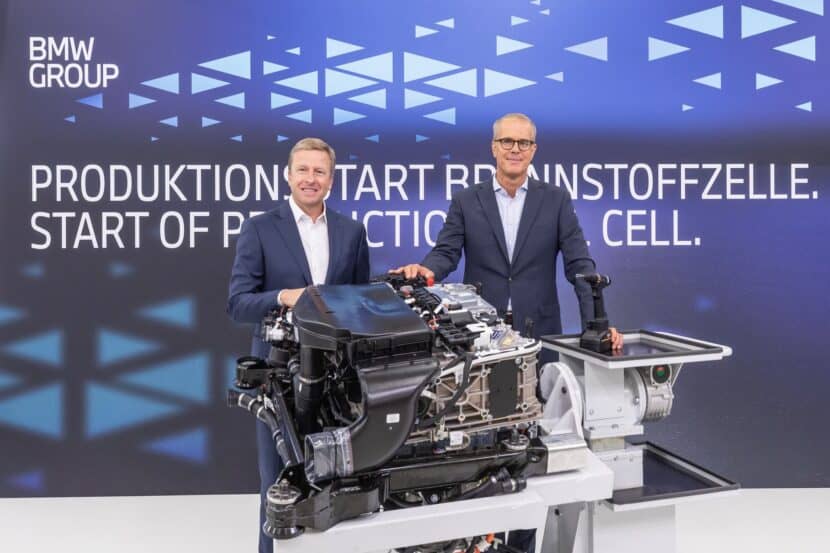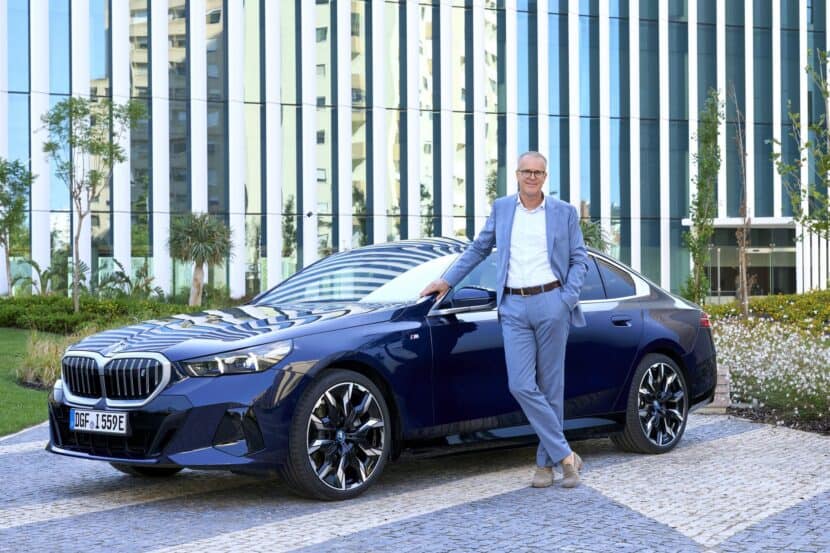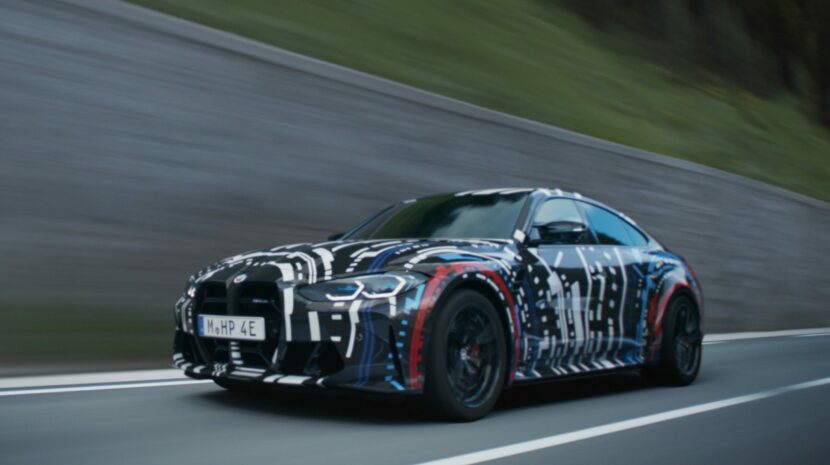BMW's Electric Future: Mastering the Ultimate Electric Driving Experience

In the dynamic world of automotive innovation, BMW stands on the brink of a thrilling evolution. Frank Weber, the visionary BMW board member responsible for vehicle development, recently shed light on the brand's electrifying journey towards creating the most exceptional electric vehicles (EVs) by 2025, all sharing a groundbreaking architecture. This ambitious project marks a pivotal era for BMW, promising to redefine its legacy over the next few decades.

Despite an early foray into electric propulsion with the i3 in 2013, BMW has been critiqued for its apparent delay in adopting a modular platform for electric cars. However, Weber explains that these are indeed extraordinary times for the automotive industry, filled with uncertainty about future propulsion preferences among consumers. This uncertainty justifies BMW's strategic flexibility in powertrain investments, catering to a diverse range of consumer preferences and infrastructural readiness.
The automotive giant's strategy has always been about assessing the readiness of the market and the sustainability of resources. Questions about the availability of green electricity, sustainable raw materials, comprehensive charging infrastructure, and recycling systems are yet unresolved. Hence, BMW's approach to offer a variety of propulsion options to its customers reflects a pragmatic response to these challenges.

With the advent of the Neue Klasse architecture, BMW is poised to revolutionize its lineup. Electric vehicles will be produced on a grand scale, yet BMW will also continue to enhance its combustion engines, embracing the 'best engines in each category' ethos. This balanced approach ensures cutting-edge technology across all offerings, addressing the global diversity in market and regulatory conditions.
As Weber elaborates, BMW's commitment to excellence extends to the dynamic realm of electric mobility. The brand envisions electric vehicles that not only match but surpass the handling capabilities of traditional cars. With innovations like a new driving dynamics controller, BMW integrates decades of car dynamics DNA into electric models, ensuring unparalleled performance.

Amid rising competition from Tesla and Chinese EV manufacturers, BMW remains unfazed. The brand's focus on quality over price wars has led to significant growth in premium electric car sales, with models like the i4 leading the charge. This strategy underlines BMW's confidence in its product excellence and market positioning.
Furthermore, the Neue Klasse models signify a critical step towards achieving sustainable profitability. With a remarkable 50% reduction in electric propulsion costs, BMW aims to offer competitively priced electric vehicles without compromising profit margins. This strategic pricing, coupled with lower operational costs, positions electric cars as the future of sustainable mobility.
In conclusion, BMW's electric future is characterized by unwavering dedication to innovation, sustainability, and driving pleasure. As the brand navigates the complexities of the modern automotive landscape, its blend of technological prowess and strategic adaptability promises to set a new benchmark for electric mobility.
